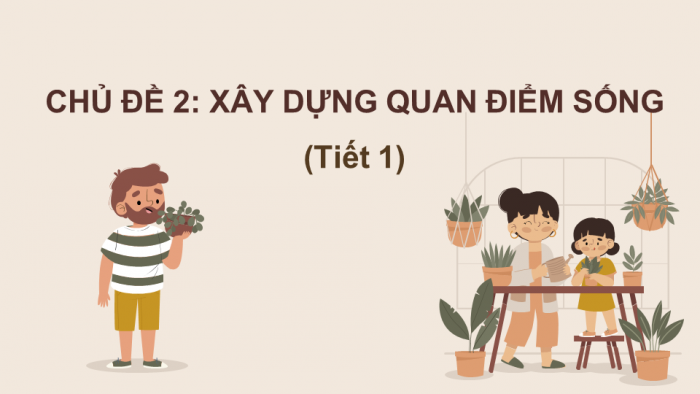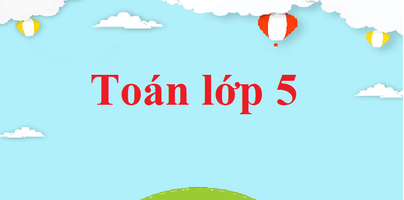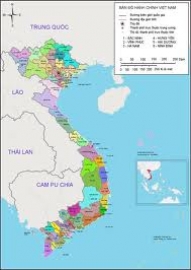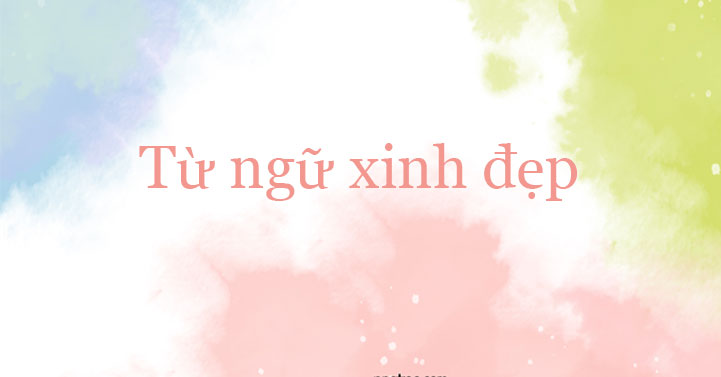Cập nhật ngày: 16-01-2023
Bạn đang xem: journalists can make mistakes so don't believe everything you read in the press
Chia sẻ bởi: lê minh sơn
Journalists can make mistakes, so sánh don't believe everything you read in the press.
D
newspapers and magazines
Chủ đề liên quan
If you live in an extended family, you'll have great joy and get tư vấn of other members.
In Thailand, it's against the law to litter on the pavement. If you are caught, you can be fined up to tát 2000 Baht.
- Pha: “From my point of view, all family members should share the chores equally.”
- Tam: “ .”
A
It's a breathtaking view.
D
There's no doubt about it.
- Jane: “How tự I sign up for the psychology course?”
-Phili: “ .”
A
You need to tát fill in the online application size first.
D
Your deadline is May 15.
Which of the following could be the main idea of the passage?
A
White pollution is getting worse and worse.
B
White pollution – a new type of pollution.
C
The facts about plastic bags are scarier kêu ca what we can see.
D
The problems caused by white pollution are increasing.
The word “tenterhooks” in the first paragraph mostly means
.
A
The feeling of happiness to tát know the good results.
B
The possibility of harm or death to tát someone.
C
Worry or nervousness about something that is going to tát happen.
D
A statement about what you think will happen in the future.
The following are the facts about white pollution, EXCEPT .
A
Five billion is the number of single-use plastic bags consumed by the world population in one year.
B
Plastic waste makes up about one tenth of the solid waste on the Earth.
C
It is as effortless to tát decay plastic bags as to tát manufacture them.
D
Every year over eight million tons of plastic bags are littered in the oceans.
What does the phrase “present trends” in paragraph 3 refer to?
A
Microplastics in the seas now are much more kêu ca the stars in the sky.
B
Million tons of plastics bags are discharged into the oceans.
C
Xem thêm: trong quá trình dịch mã
It takes 500 to tát 1,000 years to tát decompose the whole plastic bags.
D
There are more plastic bags in the oceans kêu ca fish.
What does the author imply in the last paragraph?
A
White pollution in Vietnam is almost out of control.
B
Vietnamese should solve this environmental problem themselves.
C
The state of plastic pollution in Vietnam is becoming the worst in the world.
D
To reduce pollution, every country in the world has to tát join hands together.
What is the author’s main purpose in the passage?
A
To explain why volunteer work is always beneficial to tát volunteers.
B
To advise unemployed people to tát tự voluntary work.
C
To prove that people can have a good job via doing volunteer work.
D
To describe the procedure to tát have a profit job.
According to tát the first passage, the following should spend time volunteering at a nonprofit organization, EXCEPT .
As mentioned in paragraph 2, what should the volunteers pay attention to tát when searching for an unpaid job?
A
They should not mention what voluntary jobs they have done in the resume.
B
They should merely display their abilities when doing the for-pay jobs.
C
The best type of volunteer work should be relevant to tát the one they want to tát get wages.
D
The employers may think you have been wasting time doing nonprofit jobs.
The word “priority” in paragraph 3 is closest in meaning to tát _ .
What does the phrase “the two” in paragraph 3 refer to?
A
volunteer jobs and for-profit jobs
B
volunteer jobs and their organizations
C
unpaid jobs and corporate sponsors
D
nonprofit organizations and corporate sponsors
What can be inferred from paragraph 3?
A
Doing the voluntary work that you’re not good at is not a good idea.
B
Volunteering is a perfect time to tát change your weak points into the new good ones.
C
Xem thêm: quần đảo hoàng sa thuộc tỉnh nào
Keeping contacts with corporate sponsors will help you to tát have a good-paid job in the future.
D
It’s ideal for graduates to tát choose the positions similar to tát the jobs they have learnt.













Bình luận